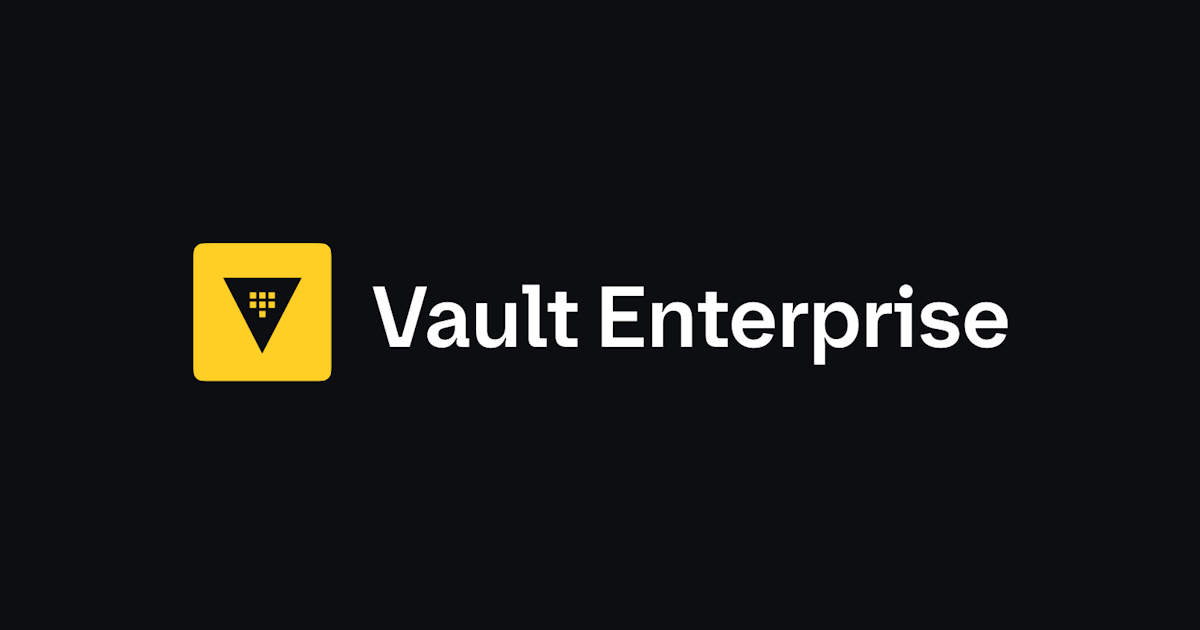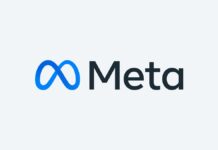HashiCorp Vault Enterprise 1.19: A New Era in Secure Data Management
As technology evolves, so do the threats facing digital security. Recognizing the need for robust protection, HashiCorp has released Vault Enterprise 1.19, a comprehensive upgrade aimed at enhancing security workflows, integrating post-quantum computing features, and offering long-term support. Vault is a highly-regarded platform designed to manage secrets, encrypt data, handle identity management, and support various application workflows across hybrid and multi-cloud environments.
Key Features of Vault Enterprise 1.19
Machine Learning – Data Science and Analytics (ML-DSA) Post Quantum Cryptography (PQC) Support: The upgrade introduces the Transit secrets engine, which now includes experimental support for ML-DSA PQC sign and verify functionality. This feature is particularly relevant for experimental purposes as organizations begin to prepare for the quantum computing era.
ED25519 with Pre-Hashing Support: Vault’s transit engine now supports the ED25519PH algorithm, which is frequently utilized in remote and embedded devices. This support enhances the security and efficiency of devices that rely on public key cryptography.
Constrained Certificate Authorities (CA): By introducing constrained CAs, HashiCorp has reduced the risk associated with PKI workloads. These CAs offer enhanced isolation and security, limiting the scope and potential misuse of digital certificates.
Extended Automated Root Rotation: Vault 1.19 extends its rotation manager to automate the rotation of root credentials across various platforms, including AWS, Azure, Google Cloud, LDAP, and database plugins. This automation is crucial for maintaining security and reducing manual workload.
UI Support for Workload Identity Federation (WIF): The new release enhances user experience by offering UI support for WIF on Google Cloud and Azure. This support simplifies the process for developers to access cloud resources securely.
Long-Term Support (LTS): Vault 1.19 marks the platform’s second LTS release, ensuring that organizations have a reliable and supported version to rely on for an extended period.
Seal-Wrap AppRole Data for FIPS Compliance: For organizations that need FIPS-compliant deployments, Vault now provides seal-wrap functionality for AppRole data, ensuring that it is secured by Hardware Security Modules (HSMs).
Enhanced Encryption to Combat Cyber Threats
With the rise of cyber threats, data breaches have become a significant concern for organizations worldwide. Vault’s recent upgrades focus on enhancing PKI and encryption capabilities to counter these threats. By deploying advanced encryption methods, organizations can reduce the risk of unauthorized access, comply with regulatory standards, and protect sensitive information.
Vault now includes functionality to address enterprise encryption requirements, such as constrained CAs and NIST-approved post-quantum computing (PQC) encryption. The platform also optimizes storage for the Ed25519ph algorithm, ensuring efficiency and security.
Preparing for a Post-Quantum Future
As quantum computing technology advances, current encryption methods may become vulnerable. In response, organizations must begin preparing for the post-quantum era. While quantum computing is not yet commercially available, malicious actors are already collecting encrypted data, intending to decrypt it once quantum capabilities are accessible.
Last year, NIST introduced three cryptographic standards for post-quantum cryptography (PQC). HashiCorp encourages its customers to start safeguarding their applications against post-quantum threats. Vault Enterprise 1.19’s transit secret engine provides experimental support for PQC, allowing businesses to evaluate its impact and prepare for future changes.
Ed25519ph Encryption for Embedded Devices
Ed25519 is a widely adopted public key signature algorithm renowned for its speed, security, and simplicity. It is built on elliptic curve cryptography (ECC), making it resistant to various types of attacks. The algorithm’s efficiency makes it particularly suitable for resource-constrained devices like IoT gadgets or mobile applications.
Vault’s support for Ed25519ph, a variant that includes a pre-hash, optimizes the algorithm for devices with limited storage and computing capacity. By integrating this support directly into Vault, organizations can avoid relying on third-party solutions, reducing security risks and operational complexity.
Strengthening Security with Constrained CAs
Constrained PKI certificate authorities (CAs) are designed to enhance security by issuing certificates within a limited scope. These CAs can issue certificates for specific purposes or entities, minimizing the risk of misuse. By leveraging constrained CAs, organizations can enhance security, control certificate issuance, and reduce the risk of malicious actors obtaining unauthorized certificates.
Vault Enterprise 1.19’s support for constrained PKI CAs offers organizations more control and security over their digital certificates, helping mitigate risks associated with certificate misuse.
Deploying Vault in FIPS-Compliant Environments
Federal entities and contractors require FIPS compliance to ensure the security and integrity of sensitive data. Vault Enterprise 1.19 supports FIPS-compliant deployments by integrating seal-wrap functionality with HSMs. This integration ensures that AppRole data is secured, meeting FIPS standards and enabling compliance with federal regulations.
Automating Root Credential Rotation
Starting with Vault 1.18, the platform offered automatic rotation of database root credentials. This feature streamlines database administration by assigning unique credentials to each service instance, allowing for easy identification and revocation in case of unusual access patterns.
Vault Enterprise 1.19 expands this capability to include AWS, Azure, and Google Cloud authentication methods, as well as LDAP and database plugins. This automation reduces manual tasks, enhances security, and ensures a standardized approach to credential management.
Enhancing User Experience for Security Teams
While Vault has traditionally offered robust API and CLI support, these tools may not always provide the best user experience for security operations teams focused on governance and compliance. Recent updates have prioritized user experience, ensuring that security teams have the tools they need to enforce policies effectively.
Vault Enterprise 1.19 improves user experience by adding UI support for Workload Identity Federation (WIF) on Google Cloud and Azure. This enhancement simplifies the process of configuring WIF, eliminating the risks associated with long-lived credentials.
The Benefits of Long-Term Support
Vault Enterprise 1.16 was the first long-term support (LTS) version of HashiCorp’s self-managed Vault. Vault 1.19 continues this tradition, offering a reliable and supported version for organizations to rely on. As Vault 1.16 enters extended support, users are encouraged to upgrade to 1.19 and, eventually, to 1.22.
Upgrading to LTS versions ensures that organizations run a supported release, reducing the frequency of major upgrades and improving predictability. The upgrade documentation provides guidance on transitioning to Vault Enterprise 1.19.
Conclusion
Vault Enterprise 1.19 signifies a major step forward in secure data management, offering cutting-edge encryption, improved user experiences, and robust support for emerging technologies. As cyber threats continue to evolve, Vault’s enhancements provide organizations with the tools they need to safeguard their digital infrastructure.
For detailed information about the features and improvements in Vault Enterprise 1.19, refer to the Vault 1.19 changelog and visit the Vault release highlights page for tutorials and demonstrations.
For more Information, Refer to this article.


































